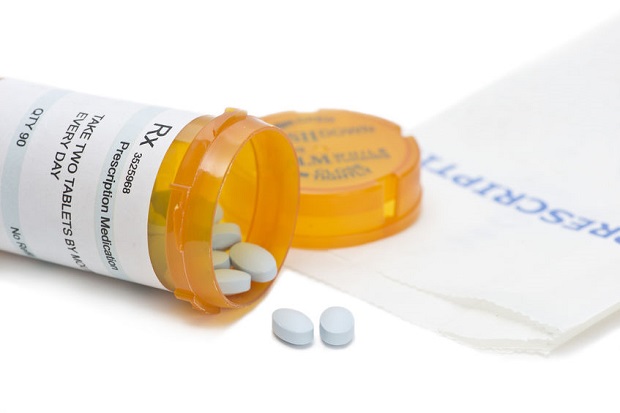
Do Birth Control Pills Expire?
- Birth control pills do expire.
- According to the Centers for Disease Control and Prevention, oral contraceptives have three to five years of shelf life, depending on the manufacturer.
- The shelf life of birth control pills can be diminished if they are not stored in a cool, dry location out of direct sunlight. [1]
Jump Ahead
- What Happens to Expired Medications?
- How to Store Birth Control Pills for Longevity
- What Can You Do If Your Pills Have Expired?
- Resources
What Happens to Expired Medications?

Since 1979, the US Food and Drug Administration (FDA) has required that drug manufacturers place an expiration date on both prescription and over-the-counter medications as a safeguard for consumers to ensure that the product is safe to use and will work as intended. [2]
The FDA warns that expired medications may be less effective or risky due to a change in chemical composition or a decrease in strength. With expired medications, there are no guarantees that the medicine will be effective or even safe. The agency advises, “If your medicine has expired, do not use it.” [3]
Though not advisable, if you roll the dice and take your chances of ingesting an expired aspirin to relieve a headache and it doesn’t work, you are left with a headache. If you take a birth control pill and it doesn’t work, you may end up with an unwanted pregnancy.
How to Store Birth Control Pills for Longevity

Proper storage of oral contraceptives is key to ensuring longevity and effectiveness. The Centers for Disease Control advise that the ideal storage conditions are away from direct sunlight in a cool, dry location (below 40° C). [4] In other words, the bathroom is not an ideal place to store your birth control pills or any medication, for that matter. The humidity is likely to be too high for most medications. Some medications rapidly break down under humid conditions. Humidity can also dissolve the outer coatings of some capsules. [5]
What Can You Do If Your Pills Are Expired?

It is important to dispose of birth control pills and other medications appropriately. The Food and Drug Administration suggests taking the following steps.
The first and most desirable option for disposing of unwanted medications is through a drug takeback program. The DEA sponsors take-back programs nationwide. Most communities also sponsor drug take-back programs. [6]
Check with your pharmacist if a drug take-back program is not an option. Some pharmacies offer ways to dispose of your expired medication safely. [7]
Throwing your expired medication in the trash is the least desirable option that may present itself as necessary. If this is the case, there are important safety measures to take.
- First, check your medication’s label. Certain medications are on an FDA “flush list.” These medications should be disposed of by flushing them down the sink or toilet for the safety of others in your home. If you are worried about the environmental impact, the FDA staff published a paper entitled “Risks Associated with the Environmental Release of Pharmaceuticals on the U.S. Food and Drug Administration ‘Flush List’ to address this concern.
- Do not flush any medication that is not on the “flush list.” All other medication, whether over-the-counter or prescribed, should be disposed of by taking it out of the original container and placing it in a sealable Ziploc bag with a mixture of coffee grounds, cat litter, or dirt so it will be less appealing to children and pets. When you throw the pill container into the trash, scrape off all your personal information. [8]
Resources
- [1] CDC – “Contraceptive Logistics.”
- [2] [3] US Food and Drug Administration – “Don’t Be Tempted to Use Expired Medicines.”
- [4] CDC – “Contraceptive Logistics.”
- [5] UC San Diego Health – “When Drugs Go Bad.”
- [6] [7] [8] FDA – “Where and How to Dispose of Unused Medicine.”
DISCLAIMER: THIS WEBSITE DOES NOT PROVIDE MEDICAL ADVICE
The information, including but not limited to text, graphics, images, and other material on this website, is for informational purposes only. No material on this site is intended to be a substitute for professional medical advice, diagnosis, or treatment. Always seek the advice of your physician or other qualified healthcare providers with any questions you may have regarding a medical condition or treatment before undertaking a new healthcare regimen, and never disregard professional medical advice or delay in seeking it because of something you have read on this or any other website.





